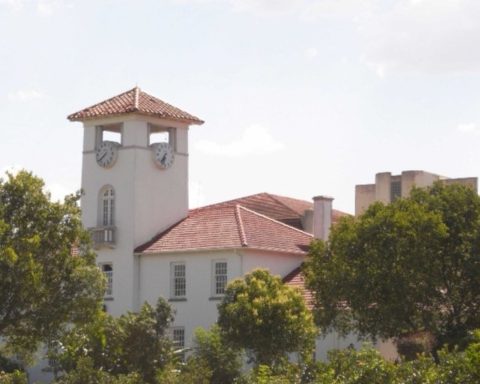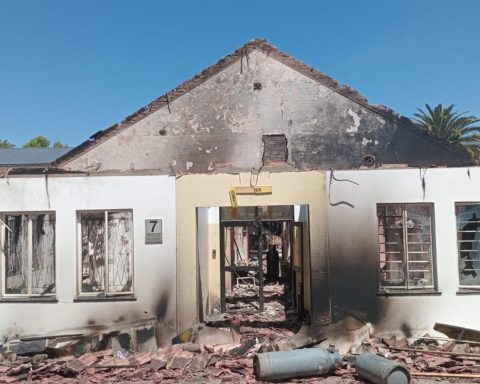The University of Fort Hare has ordered an immediate Fort Hare shutdown after a wave of arson and unrest on the Alice campus. Management announced the suspension of on-site activities and directed students to vacate residences by 17:00 on 9 October. The decision aims to protect lives and stabilise the situation while assessments continue.
Damage and security response
Early estimates suggest damage of between R250 million and R500 million. At least two buildings burned during the Fort Hare shutdown violence, with firefighters and protection services containing further spread. Police vehicles patrolled the area as the university tightened access control. The institution will only resume in-person operations when safety conditions improve.
Why students are protesting
Student leaders link the shutdown at Fort Hare to a governance crisis, poor living conditions and changes to the student governance constitution. Some also demand leadership changes at the top. Management, however, condemns the destruction as criminal and says restoring order comes first. The clash underscores deep tensions over accountability and student welfare.
Court fight over evictions
Student representatives intend to challenge the eviction directive in the Eastern Cape High Court. They argue the order disrupts academic progress and housing rights. While the legal process unfolds, the shut down at Fort Hare remains in effect, and students have been advised to monitor official channels for updates on teaching and assessments.
What happens next
The university has explored temporary online measures, but extensive damage complicates timelines. Rebuilding lecture spaces, health facilities and administration blocks will require significant funding and coordination. For now, the shutdown of Fort Hare reflects a critical moment for one of South Africa’s most storied institutions, as all parties push—through talks and the courts—for a path back to stability.






